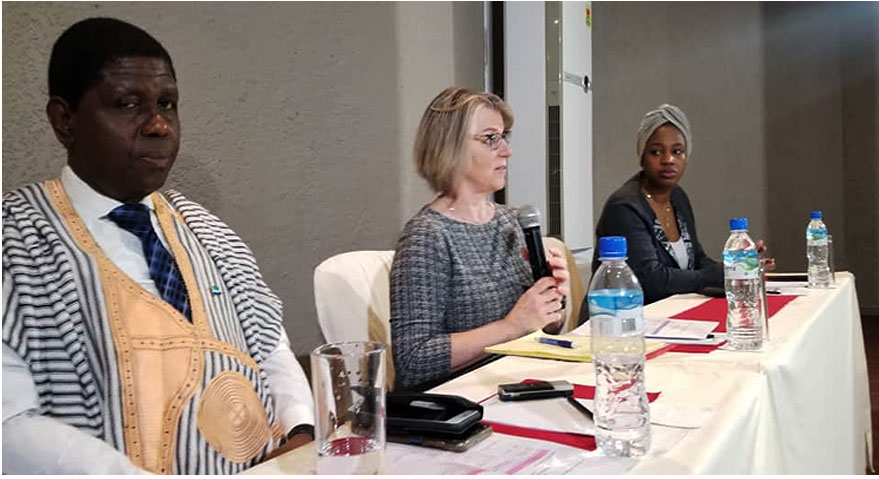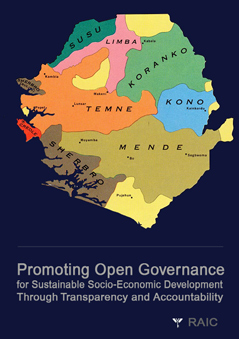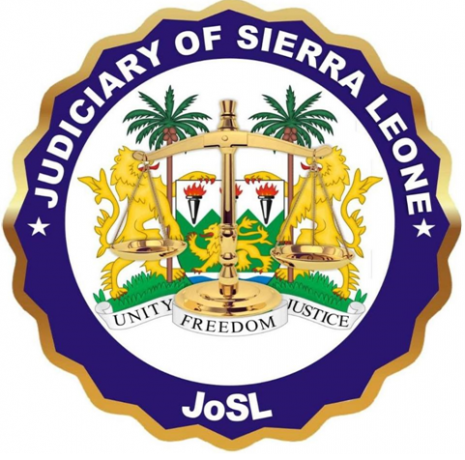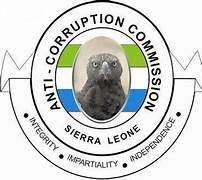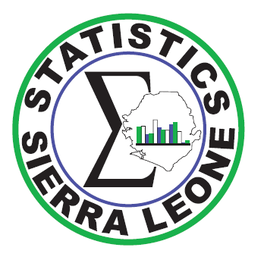A press statement from the Society for Democratic Initiatives (SDI) has said that On Thursday 19the January 2023, with the support from Carter Center US, are conducting a study on the frequency, ease and rate of success of women’s access to information.
According to Emmanuel Saffa Abdulai, the Executive Director of SDI, “The hypothesis is that women are not able to access information with the same ease or frequency nor rate of success as men. Access to information is a fundamental right enshrined in the Universal Declaration of Human Rights and critical for the exercise of many other rights including socio-economic and political rights.”
The Carter Center developed a quantitative and qualitative study, launched in 2013 in Liberia, and it is now being replicated in Sierra Leone. The study will look at whether women are able to exercise their right to information, the kind of information women want, and the main obstacles women face in accessing information.
In his opening remarks, Dr Ibrahim Seaga Shaw, Chairman and Information Commissioner of the Right to Access Information said his Commission warmly welcomes this study which he said would help provide credible data and recommendations that would inform future interventions aimed at expanding the participation of women in access to information. He said that the outcome of the study would also help the Commission to pay particular attention to gender in monitoring compliance with the right to access information law. Dr Shaw added that timing of the study is spot on as it has come just when President Bio is about to give his assent to the newly legislated Gender Empowerment Act.
George Mustapha, the SDI study coordinator, said that “the data collection process will run for just over a month. Then, the survey results will be analyzed. We expect to release the final report sometime around mid-May 2023.”
SDI enumerators met at the Radisson Blu Hotel in Aberdeen to begin training for collecting, interviewing and gathering research for the study. The data will be collected from across the country from district headquarter towns. The collection of primary data will be through; 1) interviews with community leaders, 2) subject expert interviews, 3) observations of places where government ministries/agencies offer services or information to the public, and 4) interviews of public servants and the “customers” who enter the public offices. Enumerators will collect data using smartphones and digital tools that will be collected in real-time to a Carter Center server in Atlanta, Georgia, US.
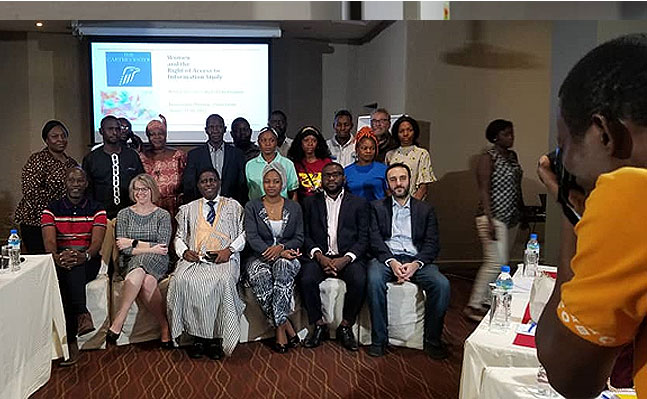 Laura Neuman, Director of the Carter Center’s Rule of Law Program and leader of the Inform Women, Transform Lives campaign, said, “More than 90 countries around the world claim legislation on the right to information. But, in many of these countries, one-half of the population is limited in their full enjoyment of the right to information and the benefits that it may provide. Statistics demonstrate that women do not access information at the same rate as men.”
Laura Neuman, Director of the Carter Center’s Rule of Law Program and leader of the Inform Women, Transform Lives campaign, said, “More than 90 countries around the world claim legislation on the right to information. But, in many of these countries, one-half of the population is limited in their full enjoyment of the right to information and the benefits that it may provide. Statistics demonstrate that women do not access information at the same rate as men.”
“If we are not intentional about getting information to women, they often are excluded from its benefits,” said Neuman.
Information has the power to transform lives. The fundamental right of access to information is critical for both governments and people and is particularly crucial for women.
Carter Center’s Neuman added that “for many women, the power of information remains unreachable. Women are less likely to demand and receive access to information, yet they are often responsible for earning income and caring for family; they are more likely to be poor or illiterate; are less likely to participate or use their voices; are more susceptible to and affected by corruption.”
Saffa Abdulai noted that “In the final report, we’ll also make recommendations to government MDAs, civil society organizations and service providers to increase awareness of the right to access information, proactively publish information, gender-sensitive policies, and others. In the end, we hope to significantly decrease the barriers to women seeking and getting information and improve the process for women to access information.”




